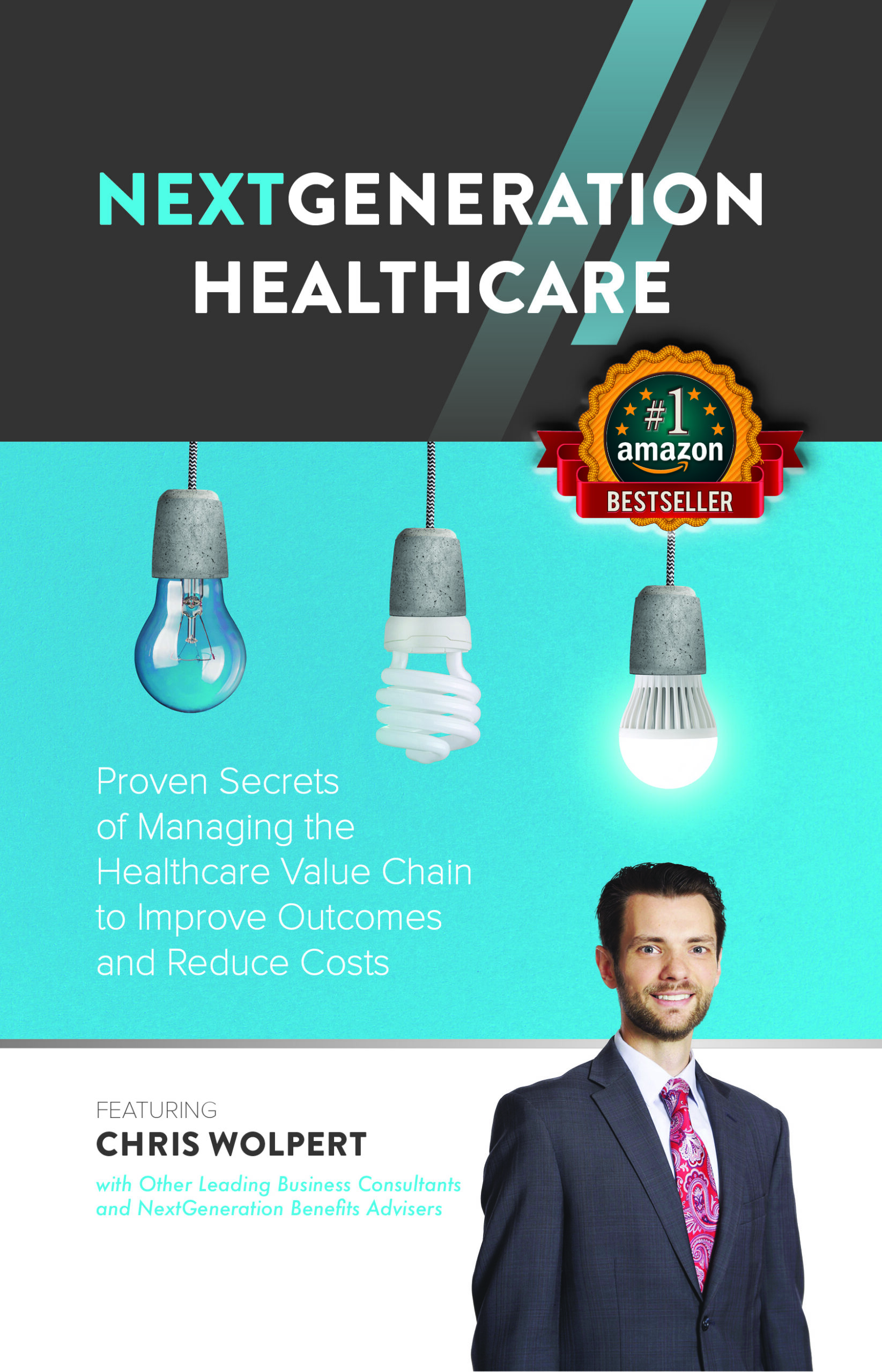A new study has found three out of four U.S. workers would accept a job with a slightly lower salary if it offered better health care and medical coverage.
The main driver in workers prioritizing benefits is the rapidly rising cost of group health insurance premiums and out-of-pocket costs, according to the study by Voya Financial.
Besides looking for better health coverage, there’s growing interest among employees for voluntary benefits that can buffer health care costs, like critical illness, accident and dental and vision insurance.
As we approach open enrollment season for policies incepting at the start of the year, the study findings provide food for thought as you try to balance your benefit offerings with employee salaries.
The general theme of the poll was that health insurance and out-of-pocket costs like copays, coinsurance and deductibles are having a real effect on many workers’ finances, and in particular, their ability to save for retirement.
Consider the following:
- 72% of workers surveyed strongly or somewhat agreed they would take a job with a slightly lower salary for better health care and medical coverage, including lower premiums and out-of-pocket costs.
- 51% said that high health care costs were having a major or significant impact on their ability to save for retirement.
- 51% said they would be more likely to stay with their current employer if it provided access to a health savings account (HSA).
- 51% said they would be more likely to stay with their employer if it provided access to voluntary benefit offerings, and
- 54% said they would be more likely to stay with their employer if it provided access to mental health benefits and resources.
The above bullet points have one theme in common: reducing the employees’ premium and out-of-pocket outlays.
The takeaway
As open enrollment approaches, consider holding information sessions to help your staff understand the true value the benefits you offer can provide.
Voya Financial found that 75% of workers surveyed strongly or somewhat agreed they were interested in receiving support to maximize their workplace benefits dollars across their:
- Health insurance,
- HSAs,
- Voluntary benefits, and
- Retirement savings.
For example, “Many individuals may not realize that voluntary benefits can help lessen the financial impact of a covered event such as an illness or accident and can potentially reduce the need to tap into a retirement account for any out-of-pocket medical or other expenses,” said Christin Kuretich, vice president of supplemental products at Voya Financial.
With that in mind, offering benefits like critical illness or accident insurance can provide a safety net in case of one of these events hits one of your staff.
To better explain benefits to your staff, providing training, individual guidance and literature that explains how best to maximize their benefits. Importantly, employees are increasingly interested in digital tools (like apps or websites) that can provide tools and advice to help them make decisions related to health care, workplace benefits and retirement.
Finally, HSAs can also reduce an employee’s total costs and also help lower their taxable income. HSAs are accounts to which workers contribute with pre-tax funds and then reimburse themselves for out-of-pocket medical costs. Those funds are also not taxed.

